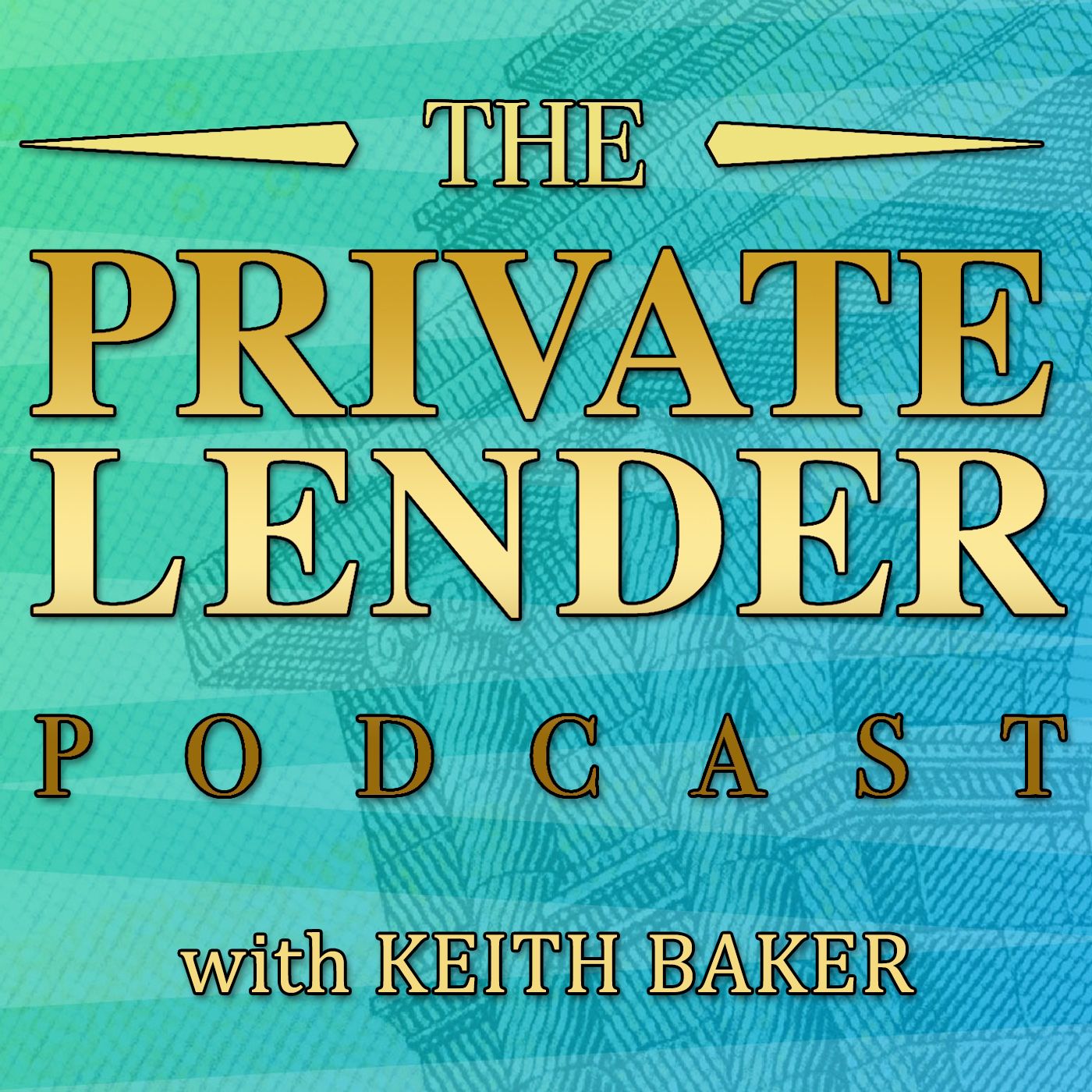PLP-045 Inspectors: A Must For Private Lenders with Kevin Smith

You can't manage a project without a plan for it. That’s where inspectors come in. Inspectors review and evaluate the overall condition of new and existing properties. They govern the job and work with the scope and budget, which starts when buyers are looking at a house deciding whether they’re going to take the property or not. State licensed real estate inspector Kevin Smith says the scope and budget stop problems and arguments and keeps everybody on the same page. Kevin shares how he became a real estate inspector, the challenges of the job, and the importance of getting one in your team of professionals.
---
Listen to the podcast here:
Inspectors: A Must For Private Lenders with Kevin Smith
It’s my pleasure to introduce you to Kevin Smith, who is a state-licensed Real Estate Inspector. Kevin, welcome to the show. I appreciate you coming on. For full disclosure, Kevin has done a few houses for me in the past. A good inspector is a must-have in the toolkit on your team for a private lender. Kevin, you've been gracious enough to come on and talk to us a bit. Let's start back in the beginning. What's your story?
I grew up in Texas. I'm a Vietnam vet. I had a Bachelor's Degree in English. I couldn't find a job in the English field when I graduated college and I started working on apartments, which brings later on to me becoming a painting contractor which grew into me becoming a rehab contractor. Rehabs are when the contractor gets a house ready for sale. He fixes everything up. He puts the paint on and gets it all market-ready. I did rehabs for about eighteen years in the Houston area. I did 175 of them and then I got my inspector's license and this month makes 28 years as a licensed real estate inspector in Texas. I have done well-over 14,000 inspections to date.
You have a background in construction. Number one, thank you for your service and number two, you're a liberal arts brother like me. I have a degree in philosophy when I got out of college and nobody was hiring philosophers. I couldn't figure out why. What led you into the inspection side of things?
I'm one of the lucky ones because I pay my bills with money, I earned doing stuff that I like for a living. I liked working on houses. I liked going on different places. I like meeting new people. Not every day is a good day, but most of them are. I enjoy what I'm doing. I started out as a painting contractor and found out that I liked doing this kind of work on houses. As it went along, I had picked up more information. If I was doing a rehab, I had to bring in somebody else to do something I didn't know how to do, like a plumber or an electrician. I'd lay awake at night thinking about questions I’ll ask the guy when he showed up on the job. I politely asked him, “Can I watch you do what you're doing? I'm not checking up on you, but I'm curious and I want to learn more.” 99 of people out of 100 of the tradesmen were happy to share and answer my questions and give me the little tips and techniques all along the way. I wound up with the knowledge of plumbing, of electrical work, how to change appliances, how to fix sheet rocks. All the things that you're going to run into. I already knew how to paint.
All of those rolls up into me being pretty familiar with single-family residential housing. Somebody called me over to a Rich Club meeting and said, “Why don't you become an inspector?” I said, “What’s that?” I found out what it was and I took all the classes and I took the state exam and became an inspector. I started out doing inspections when I was still doing rehabs, and gradually within about the first eight or nine months, I was able to stop doing the rehabs and focus full-time on the inspections. My focus is investment real estate. That's what I'm familiar with. That's how I built my book of business. I understand investment real estate.